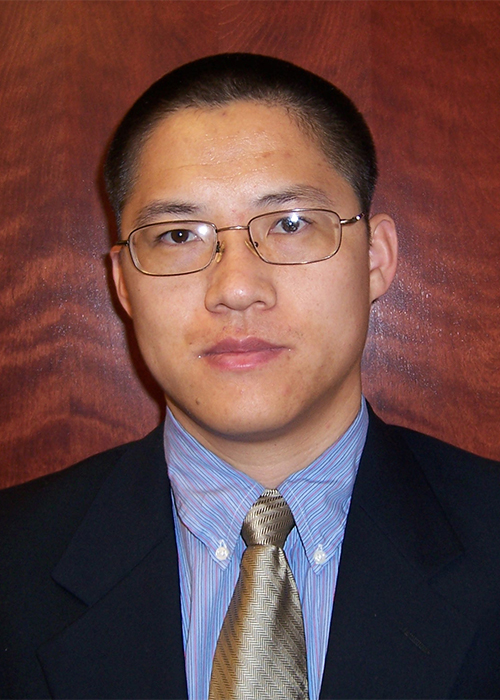CEUs: 1 CEU Credit - PDH Credits: LA CES/HSW, IA, ISA, APLD, QWEL, NALP Cost: $35
Please note if you wish to obtain your LA CES or ISA CEU Credit, you must complete this live class in its entirety and pass a quiz.The most common cause of death of newly planted urban trees is under- or over-watering. To battle this problem, there are many guidelines written to prescribe how much water for newly planted trees. For example, Dr. Gilman’s study (http://hort.ifas.ufl.edu/woody/irrigation2.shtml) showed that 2-inch caliper trees in southern climates need 2 to 3 gallons of water every day. While this study was carried out in Florida and in a specific soil type, it has been cited and used as general guideline for watering trees across the continent.
However, a few questions are not addressed by prescribing a certain amount of water applied to a newly planted tree.
- How much water evaporates?
- How much water runs off?
- How much water drains to subsurface?
- How much water consumed by weeds instead of the tree?
Without answers to these questions, the amount of water applied to tree means nothing. Soil moisture, the water that become available to most tree species, should be the indicator for watering a tree or not. But it is harder to do than simply dumping a certain amount of water onto the rootball.
The real limitation is in the Plant Available Water (PAW), no matter how much you irrigate the soil or how much rainwater falls on to it. Conventionally, you can’t increase the Field Capacity (FC), as it is defined by the texture of the soil. This talk will review some technologies for stabilizing soil moisture, including methods that significantly boost the PAW without drowning the plat roots.
In addition, other factors that may not result in casualty, but greatly impacts the overall plant health and overall growth potential will also be discussed in this presentation. These factors include planting depth, girdling roots, mulching volcano, soil compaction, planting site, soil quality, diseases, and extreme weather conditions.
Learning Objectives- Learn the benefits and importance of urban forestry
- Study and learn common causes of plant death in urban environment
- Learn new technologies that help to solve the problems
 Dr. Wei Zhang
Dr. Wei ZhangWei Zhang holds a Ph.D. degree in Engineering from Virginia Tech. He has been doing research & development for the green industry for 10 years. His research areas include watering solutions for landscape plants, plant health, plant protection against stresses like drought and road salt. His work also provides novel solutions to green stormwater infrastructures, for which plants are used for the treatment of pollutants in stormwater.
Has has more than 40 peer-reviewed scientific journal articles, one monograph and more than 100 conference presentations. He has been a frequent speaker on Arboriculture, Landscape Architecture, Urban Forestry, Stormwater Green Infrastructure, and related conferences and seminars. Dr. Zhang is a ASLA approved LA CES provider.
He is known as a scientist, educator and public speaker.
Anyone can join our webinars; they are for attendees who want to broaden their experience in all aspects of landscaping.
